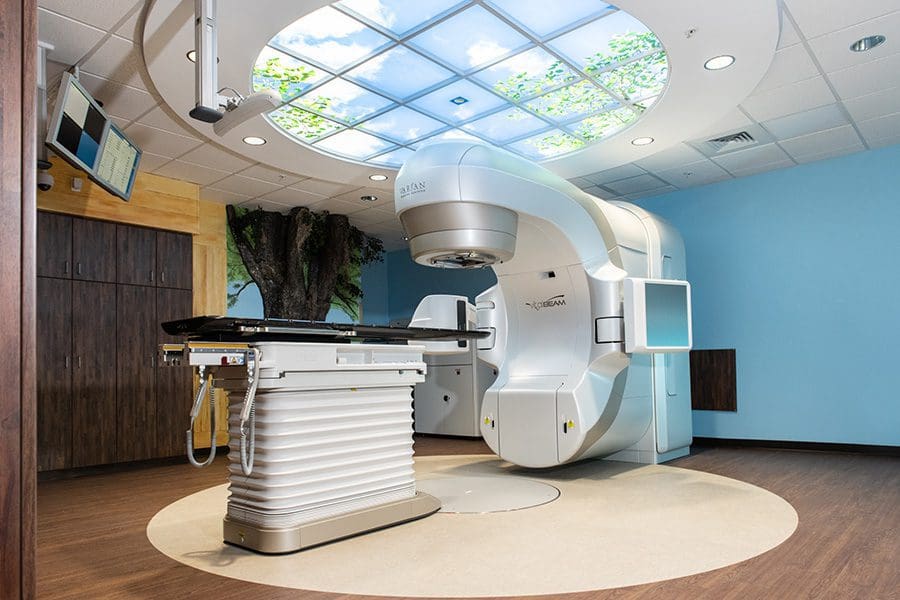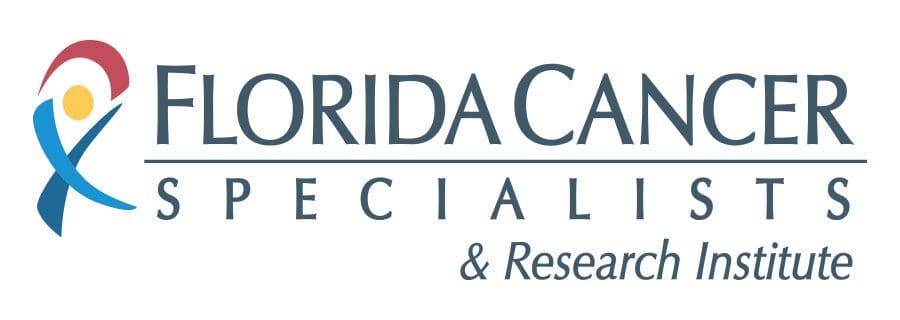
By AkersArt
Ask the Expert: Breakthroughs in Radiation Oncology

How has the field of radiation oncology changed during your 25-year career?
There is an amazing difference between what we are doing today compared to 25 years ago. Because of technological advances, radiation therapy now is more focused and precise. We can quickly deliver higher doses of radiation safely and more effectively.
Today the time frame for radiation treatment is overall much shorter. For example, treatment for prostate cancer that typically would require five treatments each week for up to nine weeks can now be delivered in half of that time, and sometimes in as little as five total treatments.
How are modern technologies improving the effectiveness of radiation?
Radiation oncology is a very technologically driven field, and we are only as good as our technology allows us to be. What has always excited me about the field is the ability to integrate the use of technology with medicine to help patients. We have applied the enormous ongoing advancements in science and technology to improve the way we plan and deliver radiation therapy.
In the past our imaging capabilities were limited to only X-ray, and sometimes we ended up treating a larger target area. We could not always account for the movement of organs, and there was a greater risk of causing more damage to surrounding healthy tissue.
Today, with specialized computer software, we can now plan and more precisely target the radiation on the tumor and spare healthy tissues. More sophisticated imaging in the form of CT and MRI has also been added to our newer radiation machines (linear accelerators). This has helped to minimize side effects and long-term complications.
At our Villages Cancer Center, we are fortunate to have two state-of-the-art treatment machines that allow us to administer sophisticated types of radiation treatment. Florida Cancer Specialists & Research Institute (FCS) continues to make critical investments in the newest technologies, which keeps us at the forefront of cancer care delivery.

What are the benefits of receiving radiation therapy in a community-based setting?
Cancer treatment today requires a multidisciplinary approach and involves many different specialties working together to do what is best for each patient.
In our FCS practice, we have medical oncologists, radiation oncologists, radiologists, pathologists and pharmacists working as a team under one roof along with other clinicians to put the needs of patients first. Our electronic medical records system gives access to other health care providers who are involved, so we are able to easily share pertinent medical information. This allows us to get things done for patients in a timelier manner and helps to minimize delays in care.
All of these elements make it easier to coordinate and deliver the absolute best treatment for each patient’s unique needs at every step of their cancer journey and increases their chances for achieving the best outcomes.
What are some exciting new developments in radiation therapy?
An increasing percentage of my patients are now receiving a form of outpatient treatment known as stereotactic radiotherapy. This technology allows a high dose of radiation to be delivered with great precision in one to five treatments to a cancerous tumor while also avoiding surrounding healthy tissue. Long-term outcomes are dramatically better than conventional radiation therapy for treating certain forms of cancer.
Radiopharmaceuticals are another exciting new development. These are drugs in a liquid form that contain a radioactive component, or isotope, which delivers radiation directly to the tumor target inside the body. They can be especially effective for certain cancers that are more advanced or may have spread.
PLUVICTO is one of the newest radiopharmaceuticals we are offering at FCS. It provides another good treatment option for men with hormone-resistant metastatic prostate cancer.
We are excited to be part of the clinical research studies that will provide other similar new and exciting options for more cancer types in the next few years.
How is radiation therapy contributing to better outcomes for cancer patients?
When I see a patient with an advanced cancer today, the conversation is vastly different than it was just 10 or 15 years ago. It is no longer impossible to think about long-term survival. With more targeted therapy options, like immunotherapy and radiopharmaceuticals, more patients with cancer are living their best lives with their disease under control for longer periods of time.
The outlook is more positive and very hopeful.







































